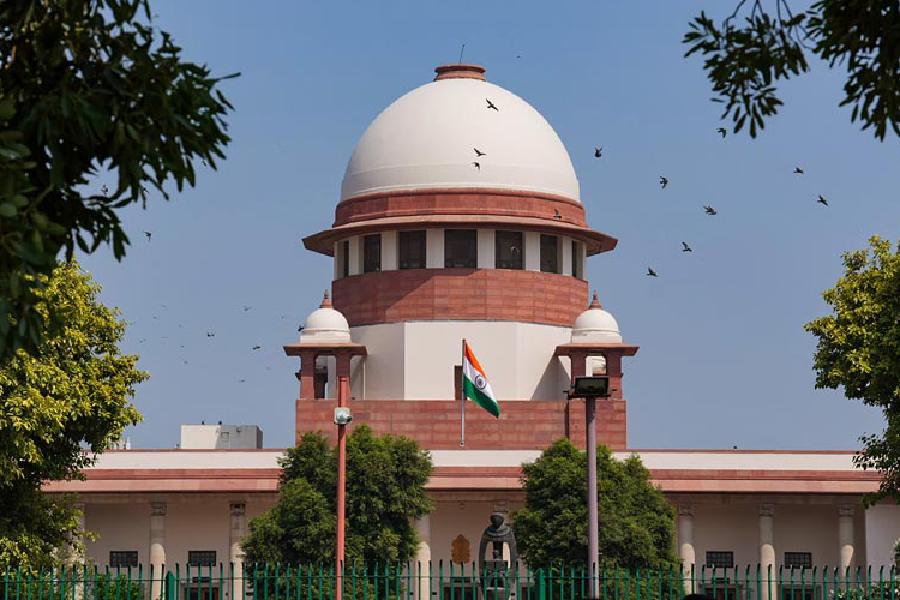The Supreme Court has passed a slew of guidelines for courts to follow in cases related to juveniles, particularly on the question of whether the juvenile/child in conflict with the law deserves to be treated as an adult for heinous crimes or under the Juvenile Justice Act.
A bench of Justice C.T. Ravi Kumar and Justice Rajesh Bindal passed the directions while disposing of an appeal filed by the mother of a juvenile challenging the order of a juvenile justice board in Karnataka that her son be tried as an adult in a case relating to rape under the Protection of Children from Sexual Offences Act (Pocso) Act, 2012.
In view of the discussions, the appeal was disposed of with the following directions:
(i) The provision of Section 14(3) of the act, providing for three months for completion of a preliminary assessment (of the juvenile’s mental status) under Section 15 of the act, is not mandatory. The same is held to be directory. The period can be extended for reasons to be recorded in writing by the chief judicial magistrate or as the case may be the chief metropolitan magistrate.
(ii) The words “children’s court” and “court of sessions” in the Juvenile Justice (Care and Protection of Children) Act, 2015, and the 2016 rules shall be read interchangeably. Primarily jurisdiction vests in the children’s court.
However, in the absence of constitution of such children’s court in the district, the power to be exercised under the act is vested with the court of sessions.
(iii) Appeal under Section 101(2) of the act against an order of the board passed under Section 15 of the act can be filed within 30 days. The appellate court can entertain the appeal after the expiry of the period, provided sufficient cause is shown. Endeavour has to be made to decide any such appeal filed within 30 days.
(iv) In all the orders passed by the courts, tribunals, boards and the quasi-judicial authorities, the names of the presiding officer and/or the members who sign the orders shall be mentioned. In case any identification number has been given, it can also be added.
(v) The presiding officers and/or members while passing the order shall properly record the presence of the parties and/or their counsels, the purpose for which the matter is being adjourned and the party on whose behalf the adjournment has been sought and granted.
A copy of the judgment will be sent to all the registrar generals of high courts for circulation amongst the judicial officers and the members of the juvenile justice boards, the directors of the National Judicial Academy and the state judicial academies.
The apex court passed the directions after senior advocates Sidharth Luthra and R. Basanth complained that many children’s courts and juvenile justice boards were not following the statutory rules prescribed under the act.
Cong on Rajkot probe
The Congress on Tuesday demanded a probe under the supervision of a sitting Supreme Court or high court judge into the fire at the Rajkot game zone and alleged that the BJP government in Gujarat was “not serious” about taking action in the case.











